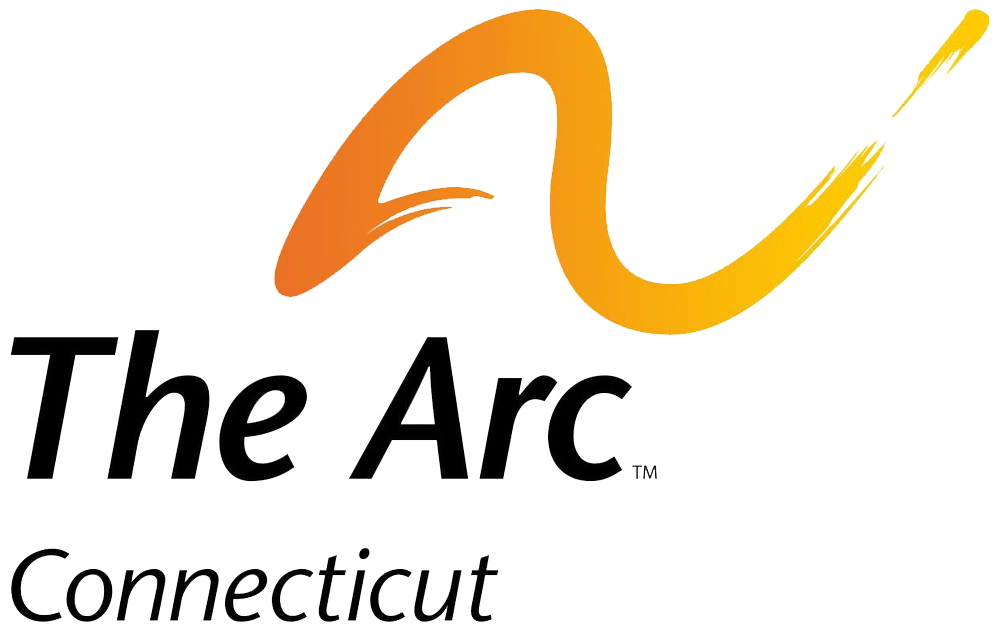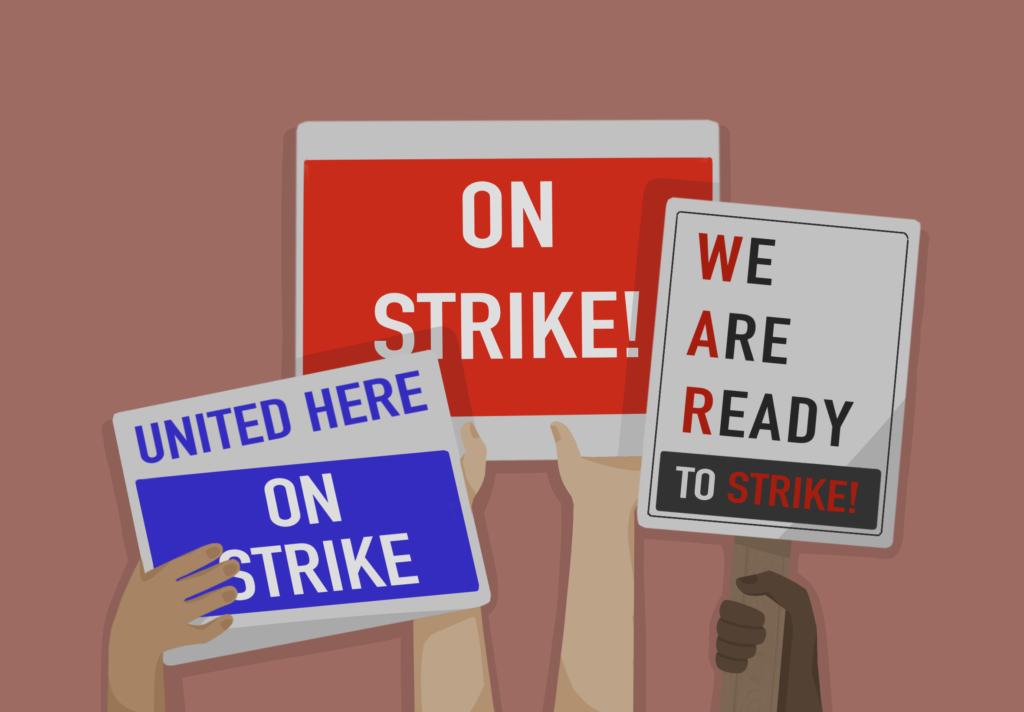
According to the Center for Disease Control and Prevention (CDC), 61 million adults in the United States live with a disability, over seven million of whom have intellectual and developmental disabilities (IDDs). In Connecticut, various charity organizations like the Arc of Connecticut (ARC) work to support people with IDD, lobbying to protect their civil and constitutional rights.
Throughout its 70-year history, ARC has expanded and worked with various organizations to promote research into developmental disabilities such as Fetal Alcohol Syndrome, impact state legislation, and advocate for the closure of institutions housing people with IDD. With funding from donations and outside sponsors, they work to break down barriers and prevent discrimination against people with IDD.
In the 1970s, driven by their conviction that people with IDD are defined not by their disabilities, but by their unique strengths and talents, the organization helped create the Supplemental Security Income Program, ensuring people with IDD will not be exploited for their labor. Since those days, ARC’s work has expanded to advocate for the respect, equality, and safety of other members of society as well, such as preventing abuse and sexual misconduct. They also provide workshops to help families support their relatives who are challenged with IDD. One of the oldest and largest charity organizations dedicated to this cause, they hope to increase the accessibility of voting for all people, expand the affordable housing availability throughout Connecticut, and promote access to Covid-19 vaccines for people with IDD.
Win Evarts, Executive Director of ARC, reflected on her involvement and passion for the cause: “Like others before me, I got involved because I have a child with IDD. When it came time for him to transition from our local school to adult services funded by Medicaid through Connecticut’s Department of Developmental Services, there was a disconnect between what we were told by the people we had relied on when our son was a child and the answers we received when he became an adult. In short, his future went from a somewhat rosy picture to a completely blurry picture with little easily found or understood information.” Driven by her love for her son, Evarts works to help out others going through similar challenges.
On December 11, 2022, ARC hosted its 8th Annual Harvest of Hope, which featured three chefs who explained the use of assistive technology. In addition, the organization is working with state legislation to foster inclusive communities, a wider array of supports, and increased accessibility to transportation, employment, healthcare, and housing. They have also grown to 14 local chapters in Connecticut, with 4,094 staff and 1,806 volunteers.
Choate students can help support individuals with IDD and their families. Evarts encourages teenagers to: “Contact the local ARC chapters in the towns close to Meriden and offer to volunteer at their events”, to continue the fight for those with IDD.




